Cannabis legalization efforts in Congress have been a series of hits and misses during the Joe Biden administration, even as Congress juggles more cannabis-related bills than ever before. There are currently 35 cannabis-related bills in Congress—26 in the House, nine in the Senate.
The foot-dragging on cannabis legalization wasn’t the plan when Biden got elected. Many industry stakeholders expected a slam dunk on legalization when he took office.
The pre-election thinking was that Biden and Vice President Kamala Harris would finally take cannabis off the DEA’s Schedule I list, open up banking, fix disparities in the cannabis business environment so that everyone could get a piece of the pie, and end the war on drugs for good.
Well, it hasn’t quite worked out that way... yet.
The Biden Hope
When the Biden administration took over in January 2021, there was the expectation that legalization efforts in Congress would accelerate. After all, Harris admitted to smoking cannabis during a radio interview in February 2019 (“It gives a lot of people joy. And we need more joy in the world.”).
An article in Forbes magazine in August 2020 written by the president of an investment and operations firm in the legal cannabis industry, Kris Krane, appeared to double-down on Harris’s influence: “If elected Vice President, she is arguably reformers’ best hope of moving Joe Biden and the Democratic Party towards a position of full support for cannabis legalization.”
Harris is also the co-sponsor of the Marijuana Justice Act of 2019 (S597), which has gained no traction in Congress; she is the lead sponsor of the Marijuana Opportunity, Reinvestment and Expungement Act (The MORE Act, HR3884), considered one of the most comprehensive cannabis legalization bills passed by the House in December 2020 (five Republicans voted in favor of the bill) that was recently re-introduced in the House; and she was the co-sponsor of the original Secure and Fair Enforcement Banking Act (the SAFE Banking Act, HR1996), which passed in the House in April, 2021 and now sits in the Senate. That bill enjoys the bipartisan support of 180 co-sponsors in Congress.
Both Harris and Biden have evolved their thinking about cannabis legalization in a good way over the years.
Before being elected senator in 2016, Harris oversaw over 1,900 cannabis convictions as the San Francisco district attorney.
Biden, as senator and head of the Senate Judiciary Committee in the late ‘80s and early ‘90s, helped craft plans for the war on drugs, calling for an escalation of what President H.W. Bush had proposed in September 1989: “Quite frankly, the president’s plan is not tough enough, bold enough, or imaginative enough to meet the crisis at hand,” Biden said then.
Flash forward to the 2020 election. Candidate Biden’s justice plan echoed what cannabis advocates had been saying as put forward in the MORE Act: “No one should be incarcerated for drug use alone. Instead, they should be diverted to drug courts and treatment.”
Naturally, cannabis advocates were confused when the newly-elected Biden promptly demoted or fired White House staff for admitting to past cannabis use. Why cling to reefer madness?
Legalization Gets New Life
The legalization issue keeps showing up in different ways.
On December 21, 2020, Congress passed a Covid-19 stimulus package that included repealing the prohibition on students with drug convictions from receiving federal financial aid, helping thousands of students get an education.
Then in July 2021, Senate Majority Leader Chuck Schumer (D-NY), Senator Cory Booker (D-NJ) and Senate Finance Committee Chairman Ron Wyden (D-OR) unveiled a draft of a new bill, “Cannabis Administration and Opportunity Act,” a “thoughtful, comprehensive approach” to federal cannabis reform, according to the National Cannabis Roundtable.
The draft of the bill, actually a “discussion draft,” reads like a slightly revised MORE Act. But it is the first time a Senate majority leader has sponsored a cannabis legalization bill. And Schumer told Politico that there would be a floor vote on the bill, which would be the first time that the Senate has held such a vote on descheduling cannabis.
The Reality in Congress
With Democrats in charge of Congress, it would still take 10 Republican senators and all Democratic senators to pass a cannabis legalization bill. Schumer’s bill, in whatever form it eventually takes, will likely not have enough votes to pass.
Viridian Capital Advisors, a strategic cannabis capital advisory company, saw it this way: “Beyond symbolic factors, we believe the impact of Mr. Schumer’s draft will be largely immaterial as the bill is unlikely to pass in its current state or even in a significantly pared down version.”
The Biden administration was also less than encouraging. “Nothing has changed, and there’s no new endorsements of legislation to report today,” Press Secretary Jen Psaki said when asked about Schumer’s bill.
In a previous press conference, Psaki said that Biden supports leaving decisions regarding legalization for recreational use up to the states; supports legalizing medical marijuana; rescheduling cannabis as a Schedule II drug so researchers can study its positive and negative impacts; and, at the federal level, supporting decriminalizing marijuana use and automatically expunging any prior criminal records.
That’s not the last word on Schumer’s bill, because the need for such a bill is not going away, in part because new events keep creating more discussion.
New Spotlights
The discrepancies between anti-cannabis laws and the societal shift in favor of cannabis continue to take public stage.
For example, the White House wants to meet with the World Anti-Doping Agency (WADA) sometime before the end of November about loosening the restrictions on the use of cannabis by athletes following the suspension from the 2021 Olympic team of 100 meter track star Sha’Carri Richardson by the United States Anti-Doping Agency (USADA). Richardson tested positive for cannabis in Oregon, where adult-use cannabis consumption is legal.
“The rules are the rules,” Biden told CBS reporter Bo Erickson. “And everyone knows what the rules were going in. Whether they should remain that way is a different issue.”
In a letter to WADA about the ruling co-authored by Rep. Alexandria Ocasio-Cortez (D-NY), the vice chair of the Subcommittee on Civil Rights and Liberties, and Rep. Jamie Raskin (D-MD), chair of that same committee, the ban on cannabis was called “a significant and unnecessary burden on athletes’ civil liberties.”
Harris later tweeted: “Their (WADA) decision lacks any scientific basis. It's rooted solely in the systemic racism that's long driven anti-marijuana laws.”
Nearly 600,000 people have signed a petition to reinstate Richardson as of this reporting.
And the Drug Enforcement Administration (DEA) is stepping up licensing more legal cannabis grows for medical research, a significant move because, since 1968, there has been only one place (a farm on the University of Mississippi) where legal cannabis for research can be grown.
Critical Mass?
Are we approaching critical mass on legalization? If we are, it’s coming about as a result of basic cannabis legalization issues that have had their moments on the global stage—such as decriminalization, medical research and wrongful incarceration.
Even the highest court in the land appears to be changing direction on cannabis legalization.
In his confirmation hearing February 22, attorney general nominee Merrick Garland affirmed decriminalization as a goal: “We can focus our attention on violent crimes and other crimes that put great danger in our society and not allocate our resources to something like marijuana possession.”
In late June, in an opinion about the merits of a Colorado medical dispensary case regarding the constitutionality of taxes as related to the cost of goods sold, Supreme Court Justice Clarence Thomas captured the absurdity of legalization. He wrote that the federal government’s current approach is a half-in, half-out regime that “simultaneously tolerates and forbids local use of marijuana. This contradictory and unstable state of affairs strains basic principles of federalism and conceals traps for the unwary.”
He concludes: “A prohibition on intrastate use or cultivation of marijuana may no longer be necessary or proper to support the Federal Government’s piecemeal approach.”
The U.S. Surgeon General Vivek Murthy recently added his voice to that particular chorus during an interview on CNN’s “State of the Union”: “When it comes to decriminalization, I don’t think that there is value to individuals or to society to lock people up for marijuana use. I don’t think that serves anybody well.”
All Aboard
So here we are with President Biden, Vice President Harris, Attorney General Garland, Surgeon General Murthy, Supreme Court Justice Thomas, hundreds of members of Congress including the Senate Majority leader, the DEA—all on board promoting the need for cannabis legalization in some form… a substance the DEA still lists in the same category as heroin.
Beyond absurd? Of course.
It's especially absurd when you consider the racists roots of cannabis prohibition from Anslinger to Nixon.
Meanwhile, with 10 newly legalized states scheduled to begin selling cannabis in 2021 or 2022, the legal market is projected at reaching $43 billion by 2025, according to data from New Frontier, a cannabis analytical service.
The big question no one can answer about federal legalization in the U.S. is: When?
Are you still missing out on The Bluntness newsletter? Sign Up today to stay in the loop.
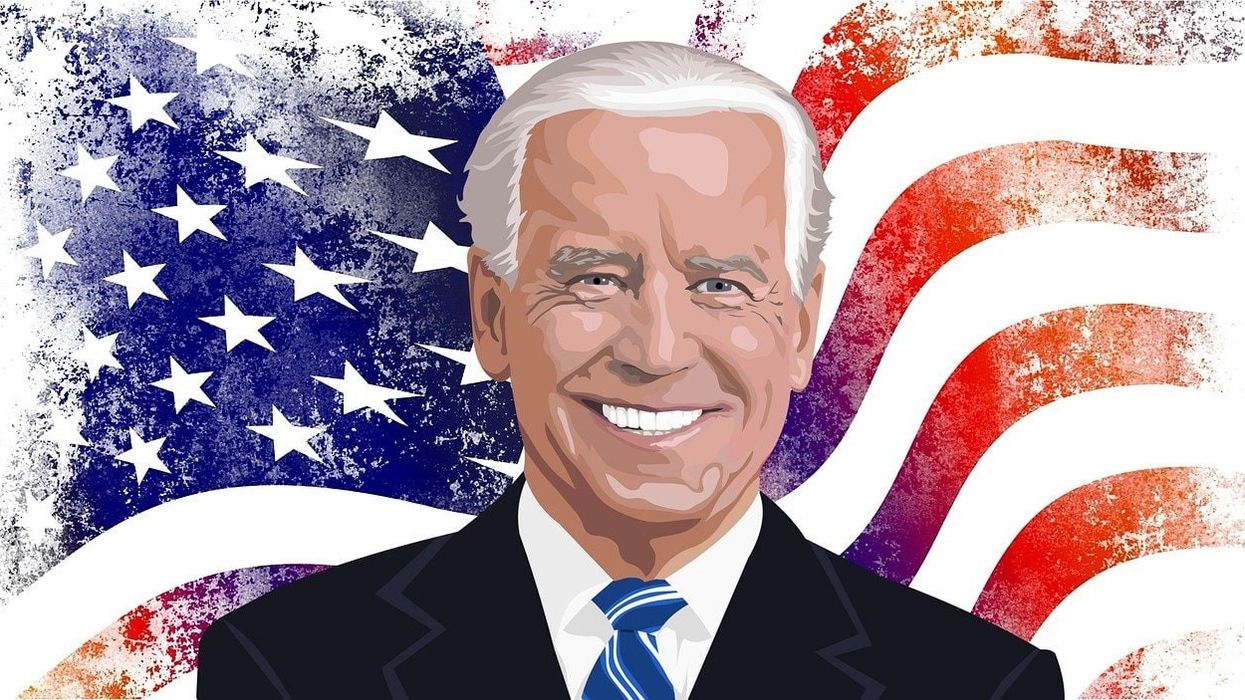



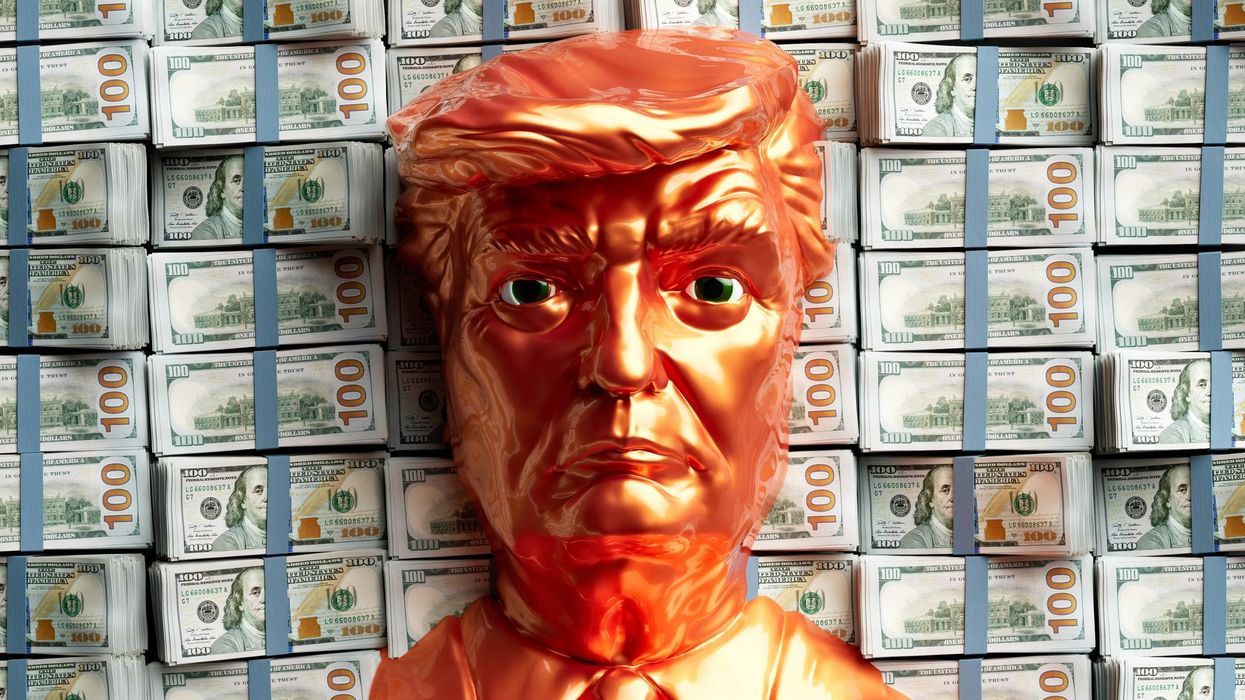






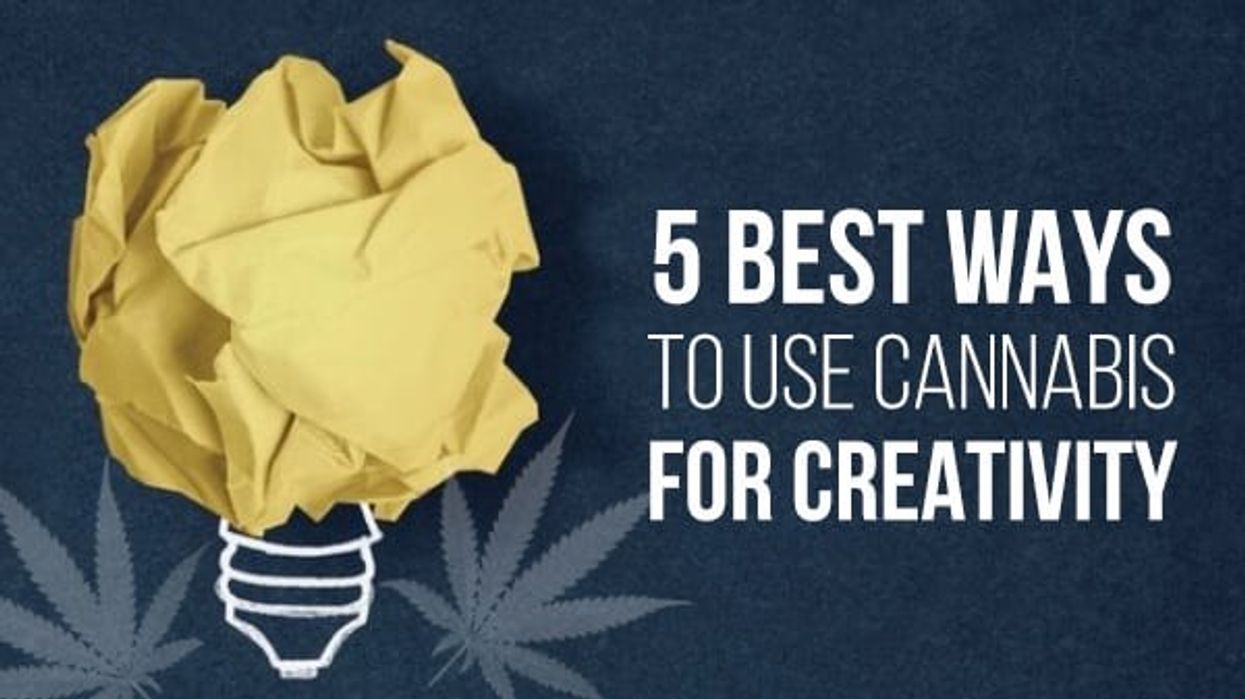


 Can Drug Dogs Smell Edibles? - The Bluntness
Photo by
Can Drug Dogs Smell Edibles? - The Bluntness
Photo by 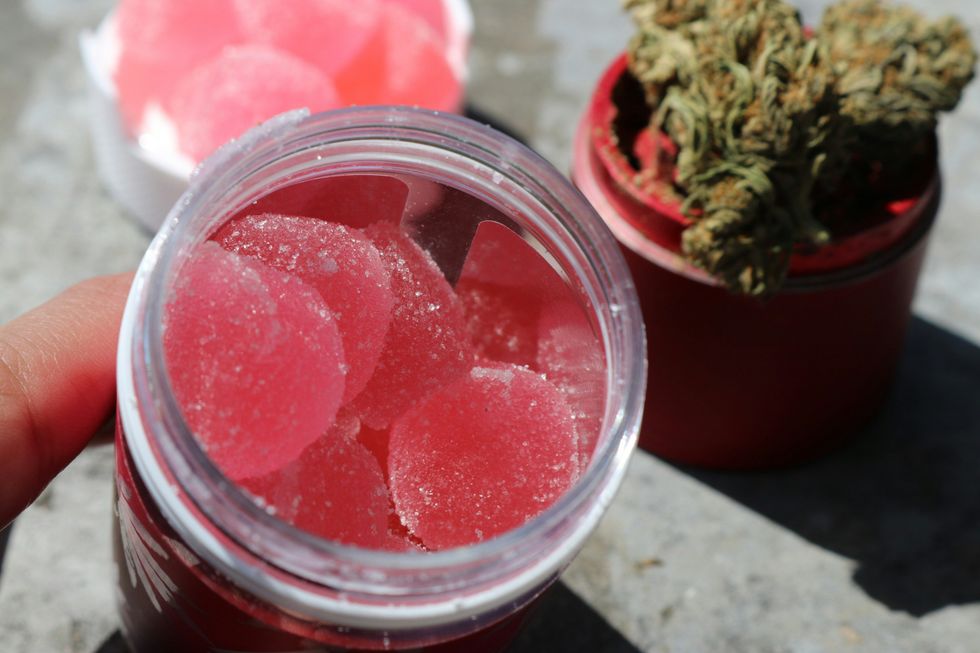 Can Drug Dogs Smell Edibles? - The Bluntness
Photo by
Can Drug Dogs Smell Edibles? - The Bluntness
Photo by 
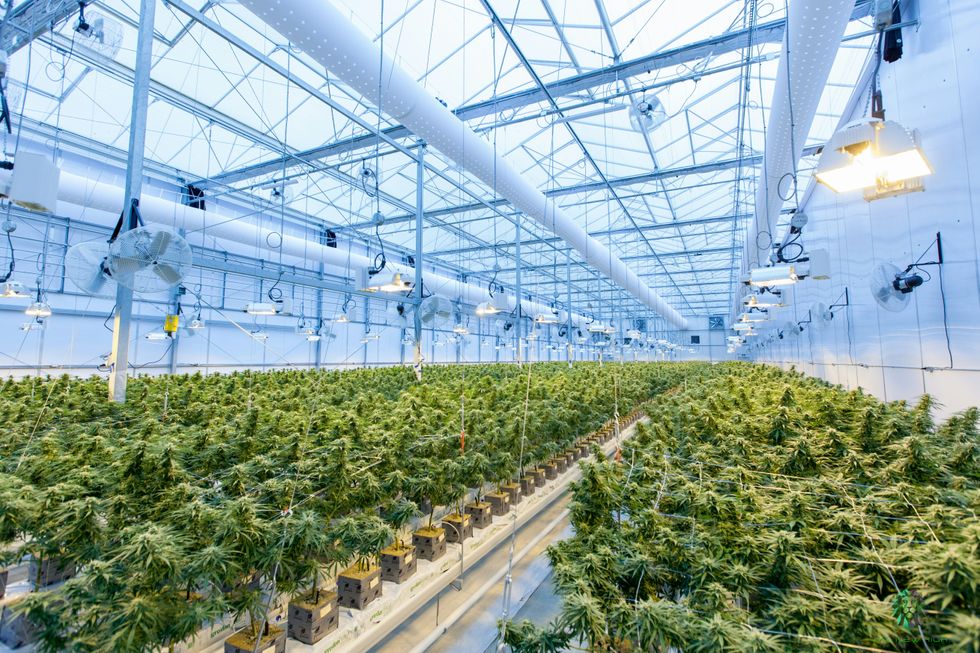 When it comes to pricing, cultivation methods matter - The Bluntness
Photo by
When it comes to pricing, cultivation methods matter - The Bluntness
Photo by 
 How to Make a Cannagar Without a Mold: A Comprehensive Guide - The Bluntness
Photo by
How to Make a Cannagar Without a Mold: A Comprehensive Guide - The Bluntness
Photo by 
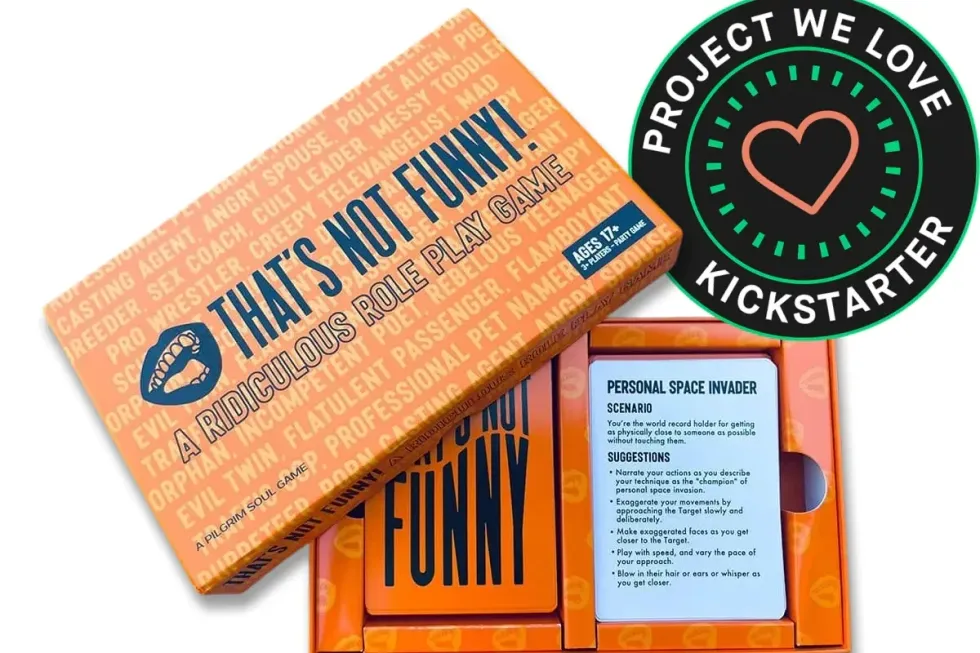
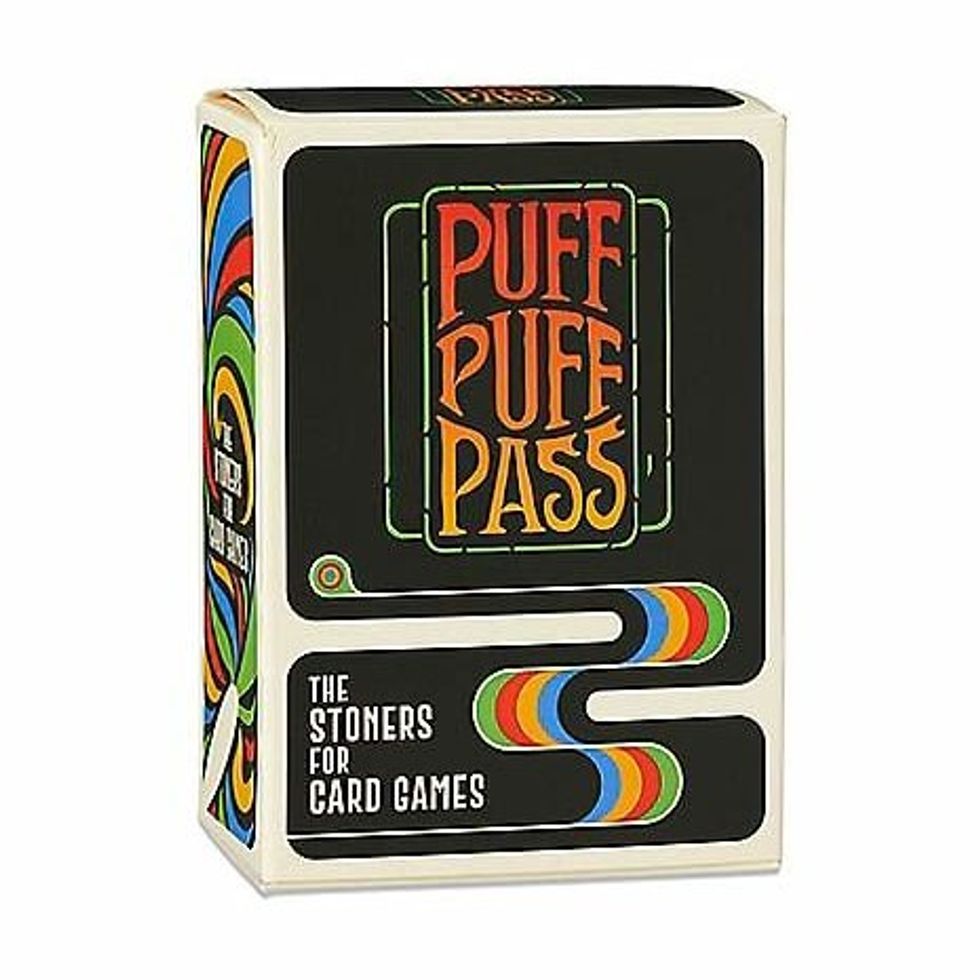
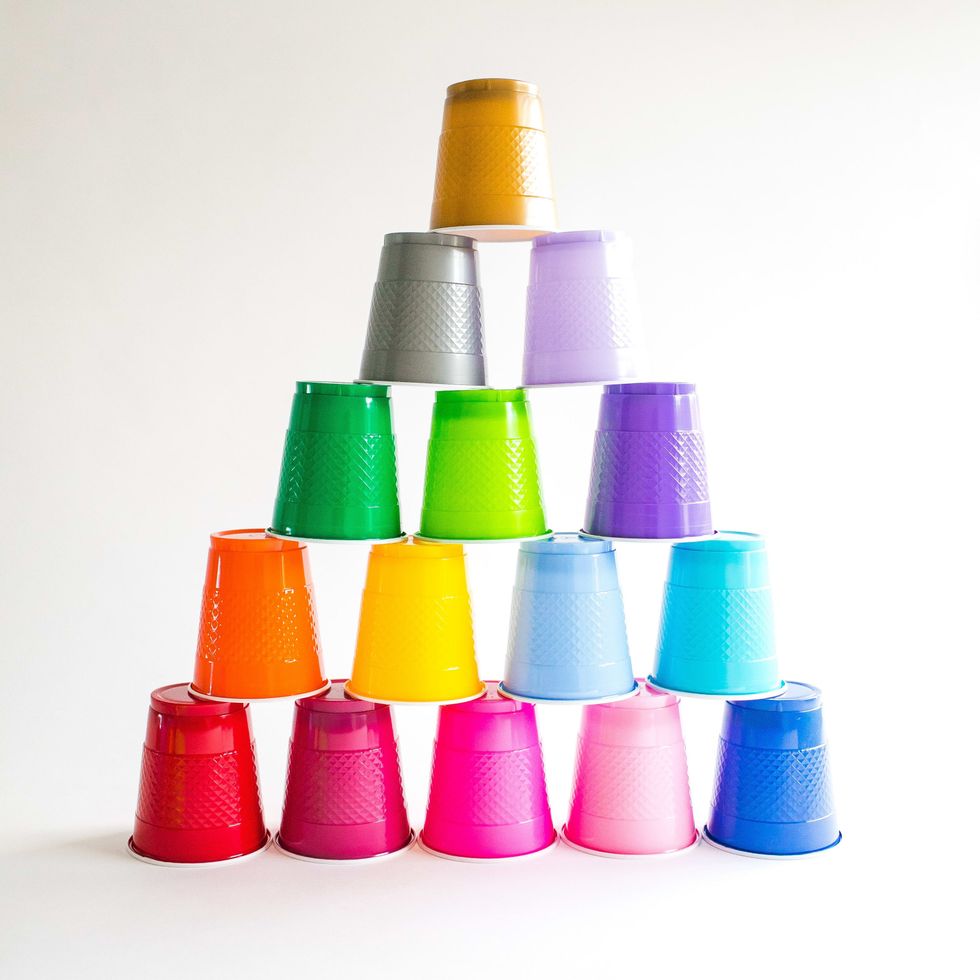
 Best Weed Smoking Games to Try - Jammin'
Best Weed Smoking Games to Try - Jammin'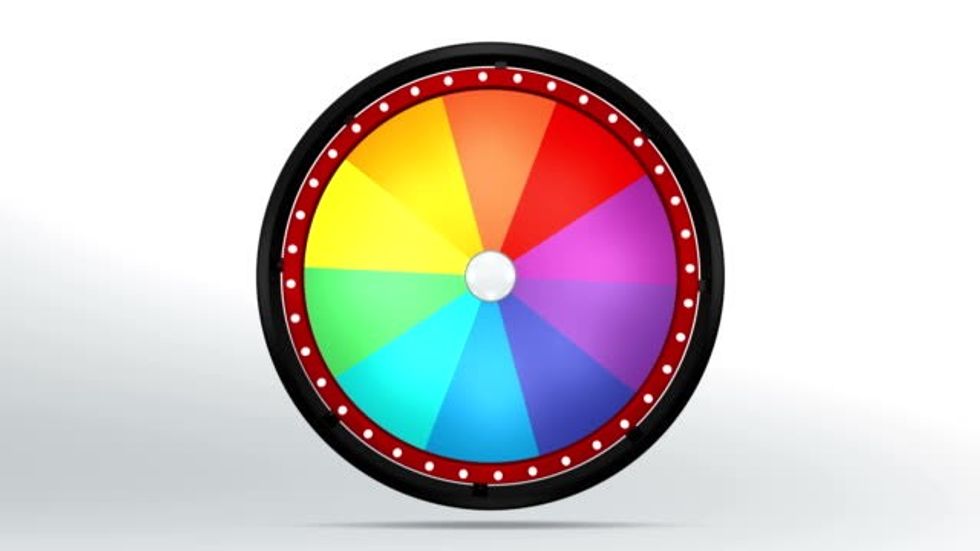 The 31 Best Weed Smoking Games To Try
The 31 Best Weed Smoking Games To Try The Best Weed Smoking Games
The Best Weed Smoking Games The Best Weed Smoking Games to Try
The Best Weed Smoking Games to Try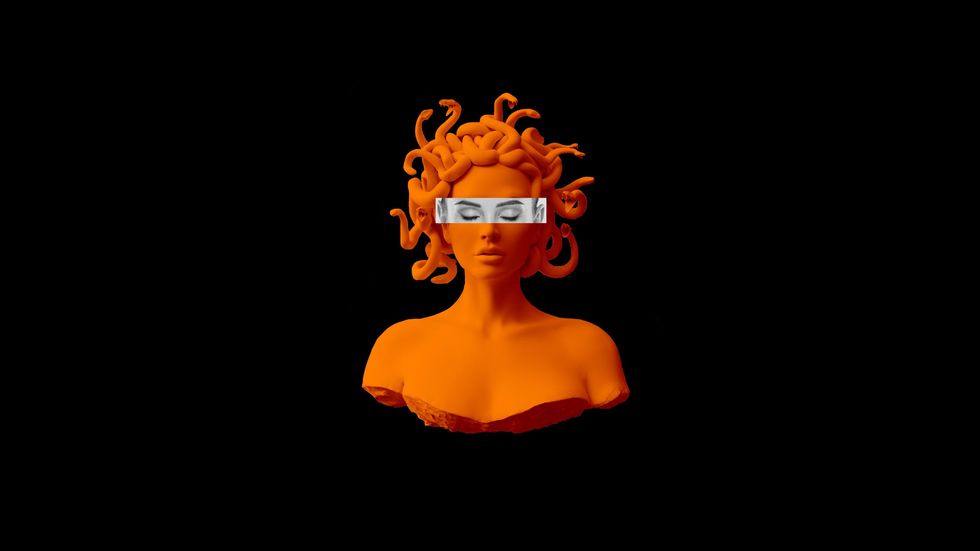
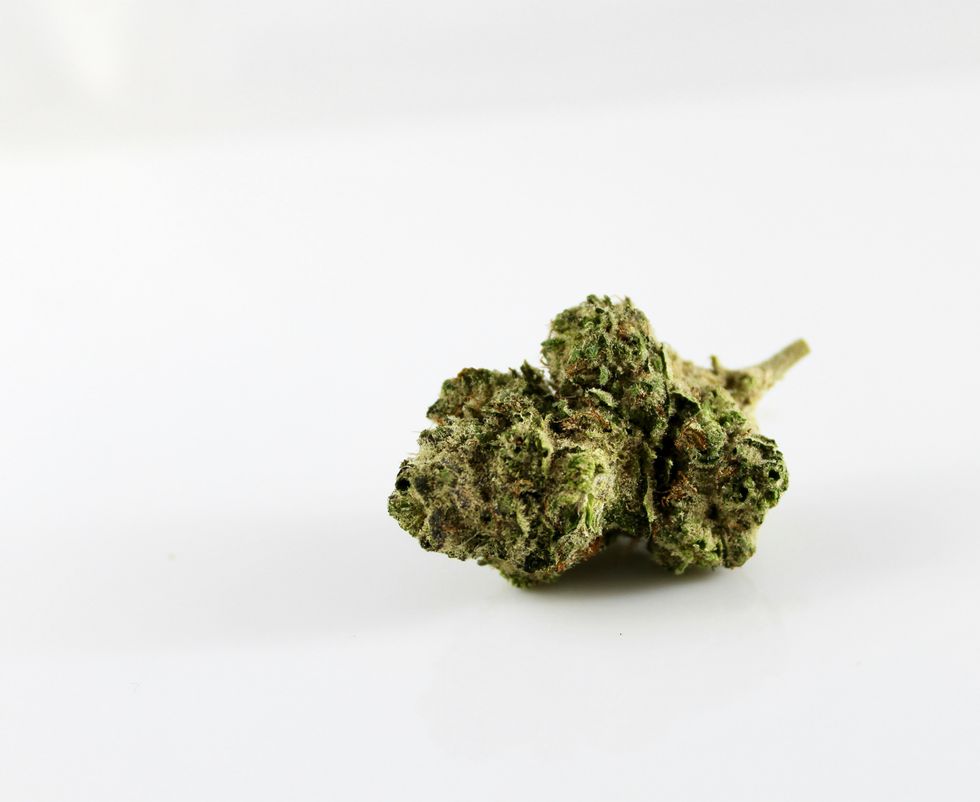
 Stoner Games - Games to Play While High
Stoner Games - Games to Play While High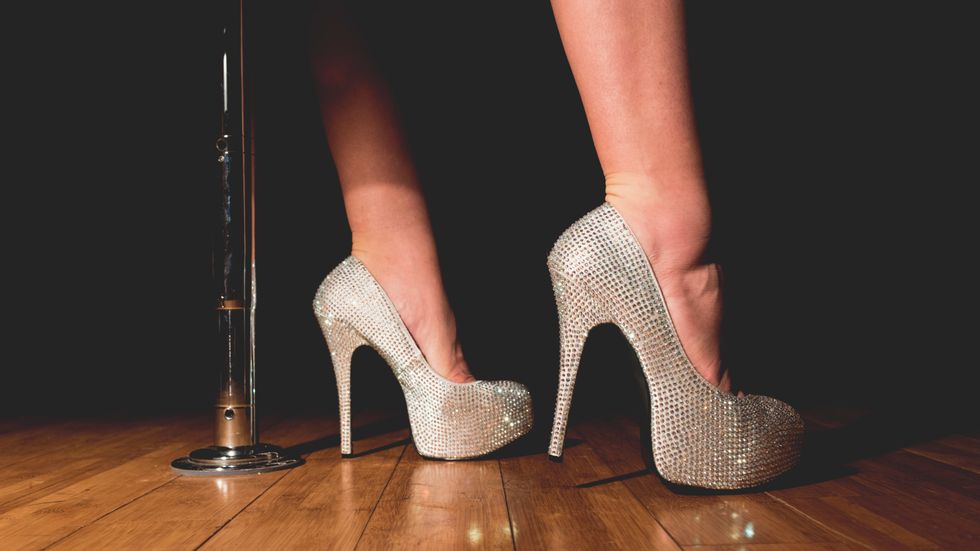 The Best Weed Smoking Games to Play
The Best Weed Smoking Games to Play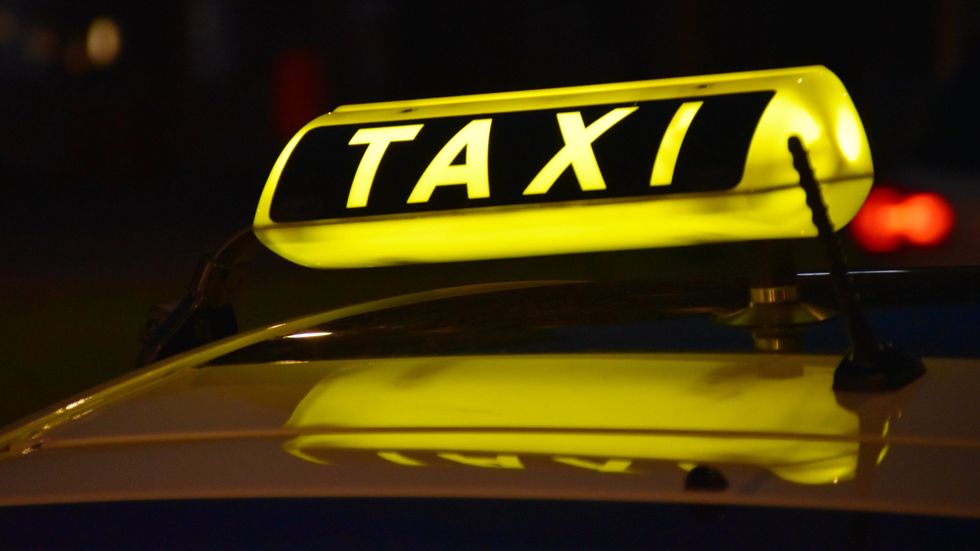 The Best Weed Smoking Games to Try
The Best Weed Smoking Games to Try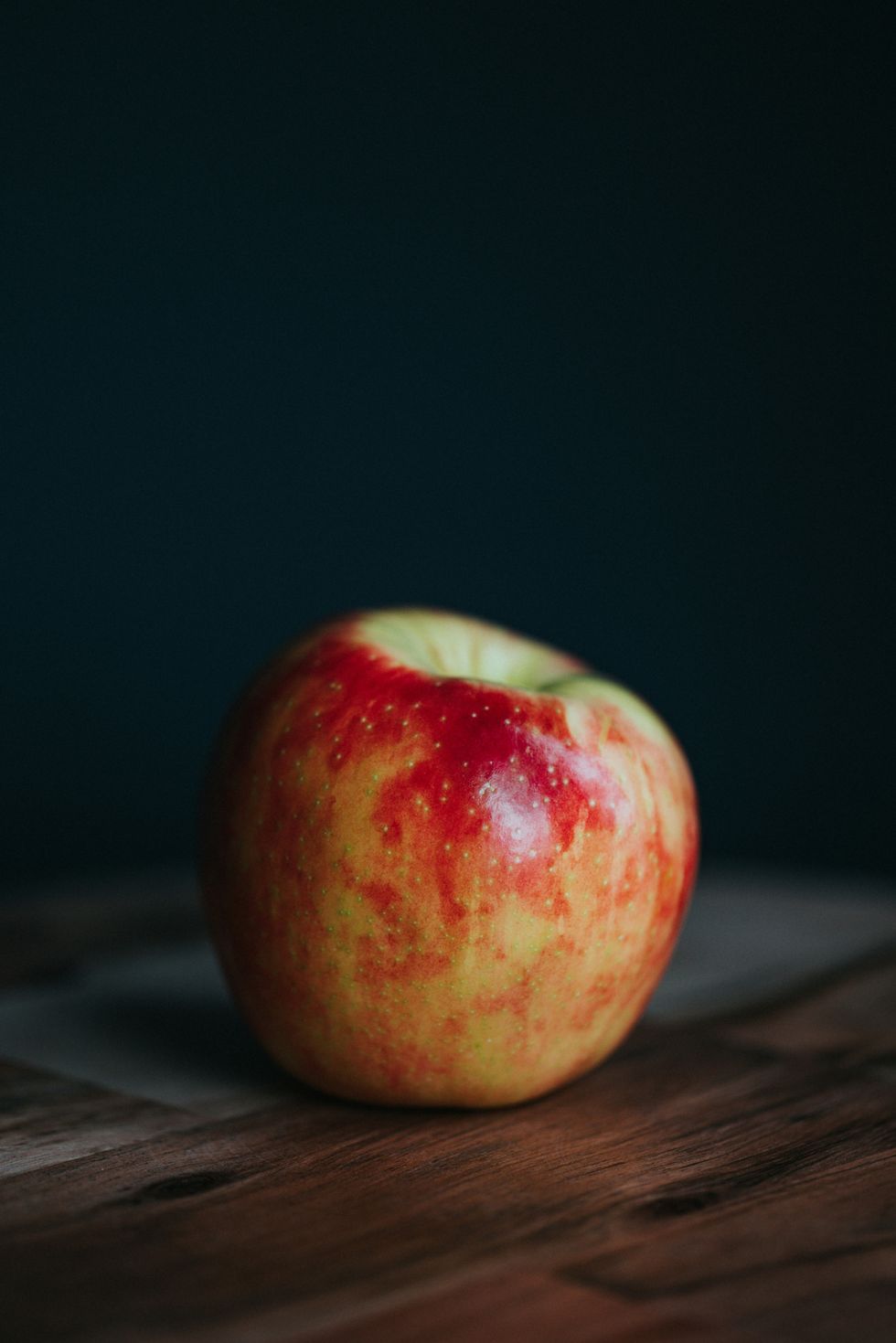
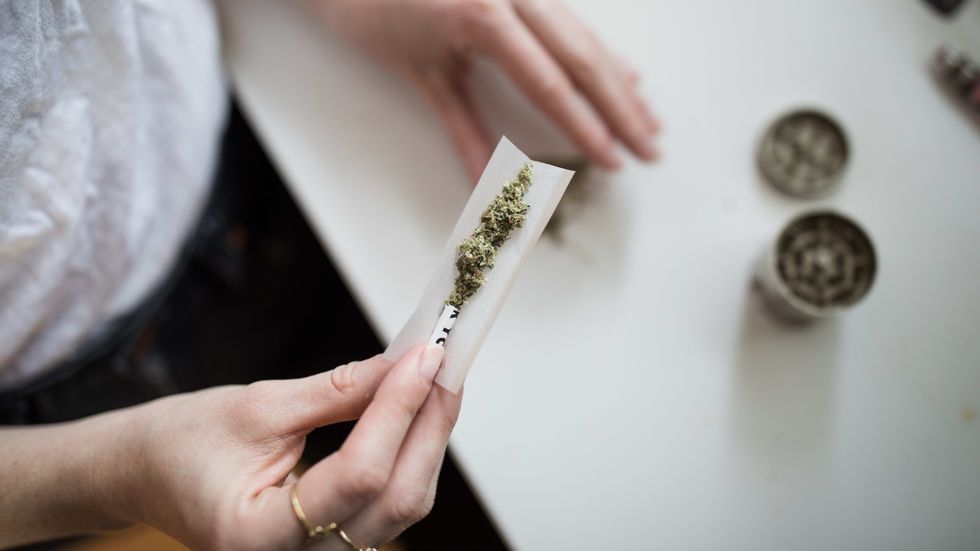 The Best Weed Smoking Games to Try
The Best Weed Smoking Games to Try
 The Best Weed Smoking Games to Play
The Best Weed Smoking Games to Play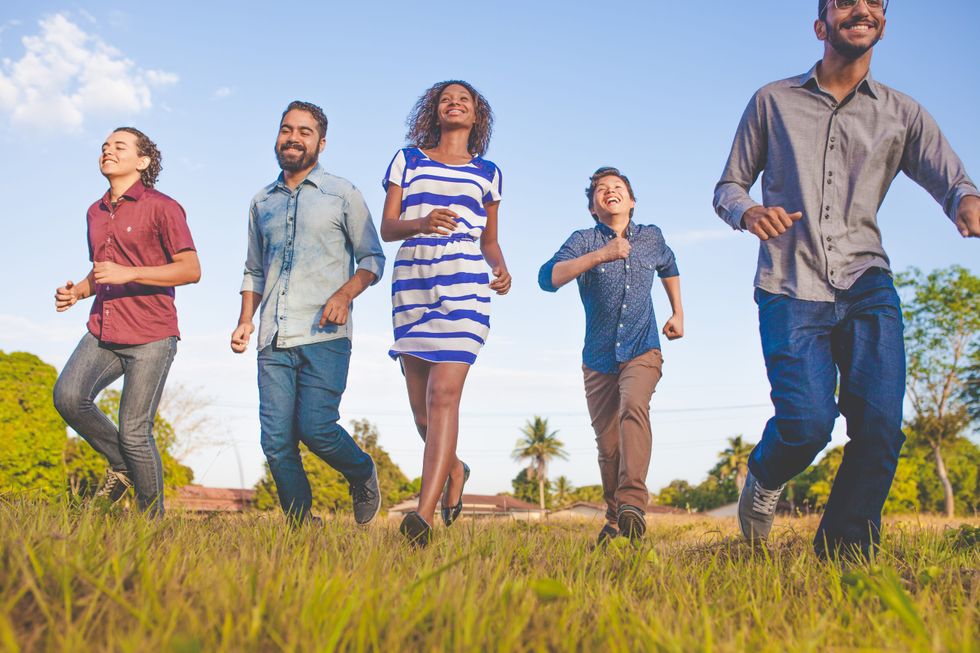 The Best Weed Games to Play
The Best Weed Games to Play The Best Weed Smoking Games to Try
The Best Weed Smoking Games to Try The Best Weed Smoking Games to Play
The Best Weed Smoking Games to Play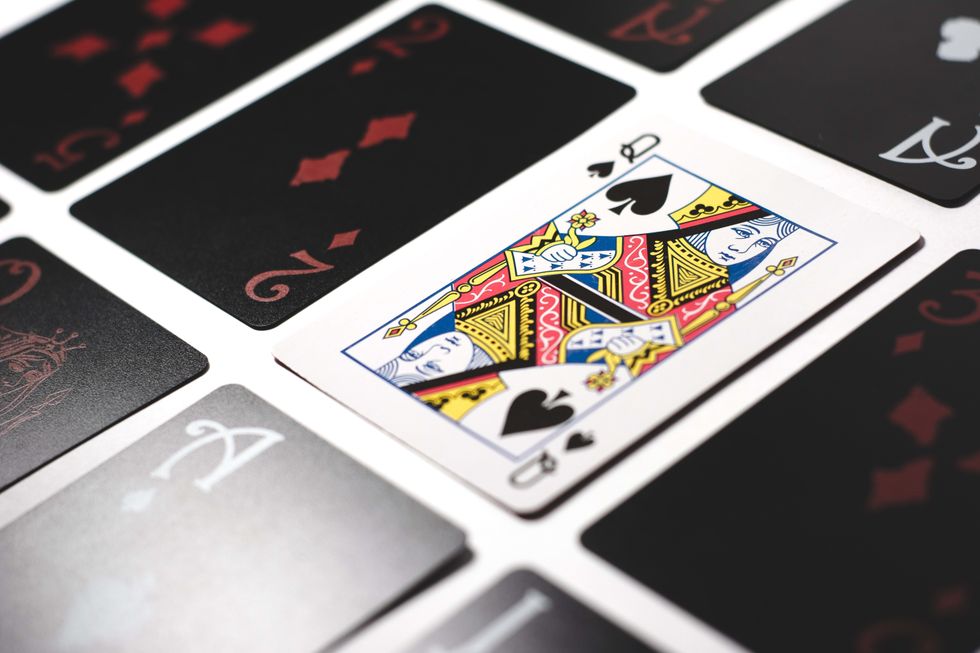 The Best Weed Smoking Games to Try
The Best Weed Smoking Games to Try Games for Stoners
Games for Stoners 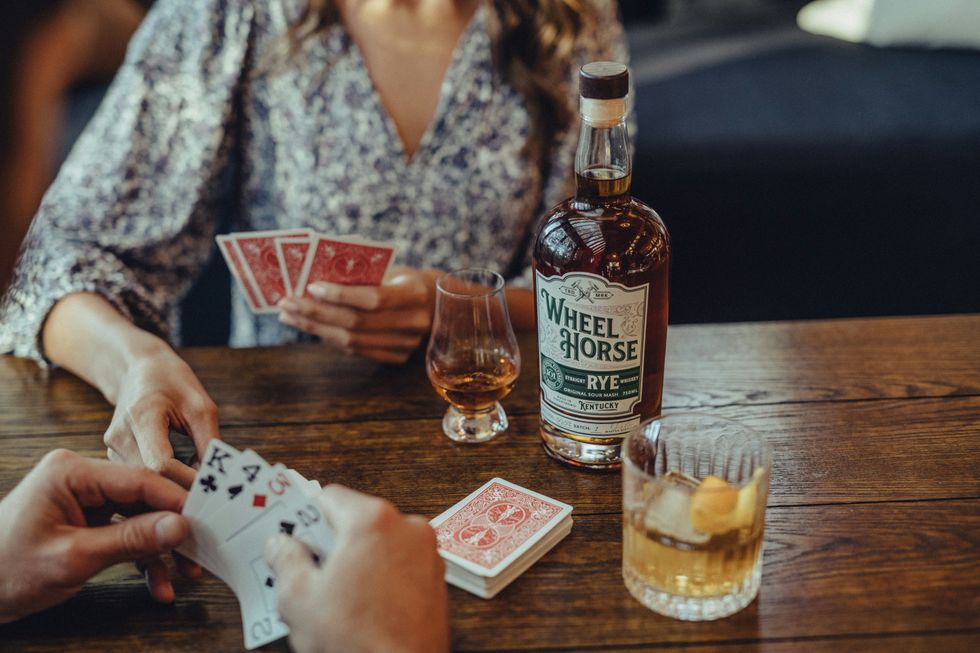 woman in white and blue floral shirt sitting beside woman in white and black floral shirtPhoto by
woman in white and blue floral shirt sitting beside woman in white and black floral shirtPhoto by 
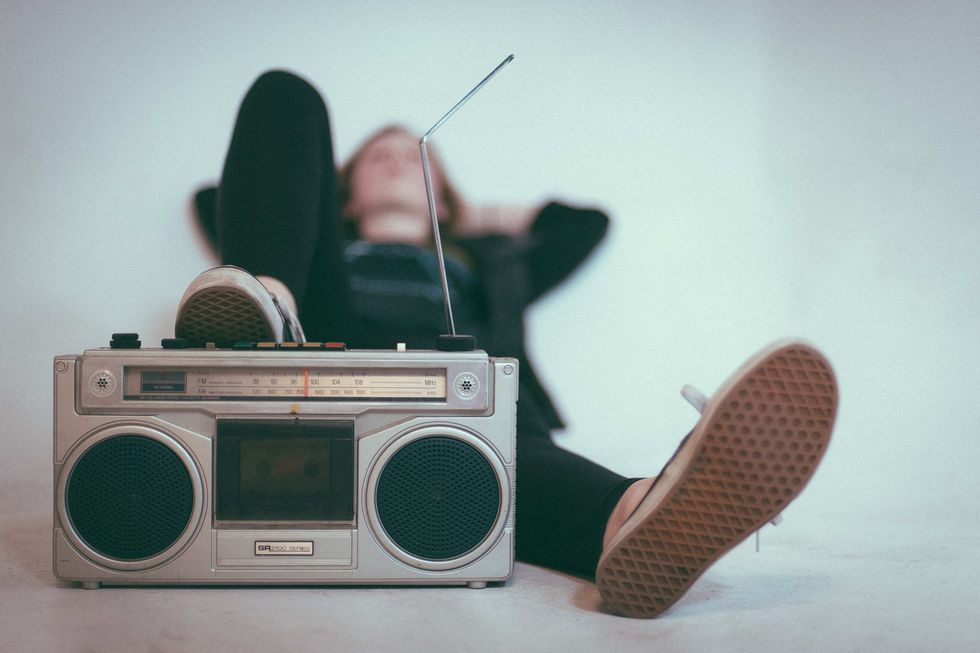 The Best Weed Smoking Games to Play
The Best Weed Smoking Games to Play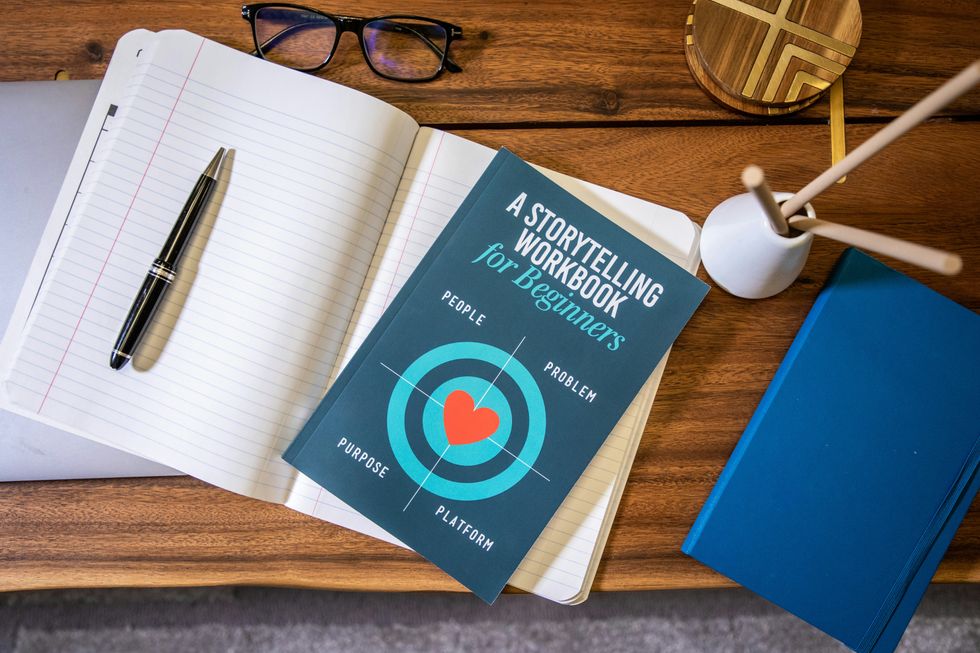
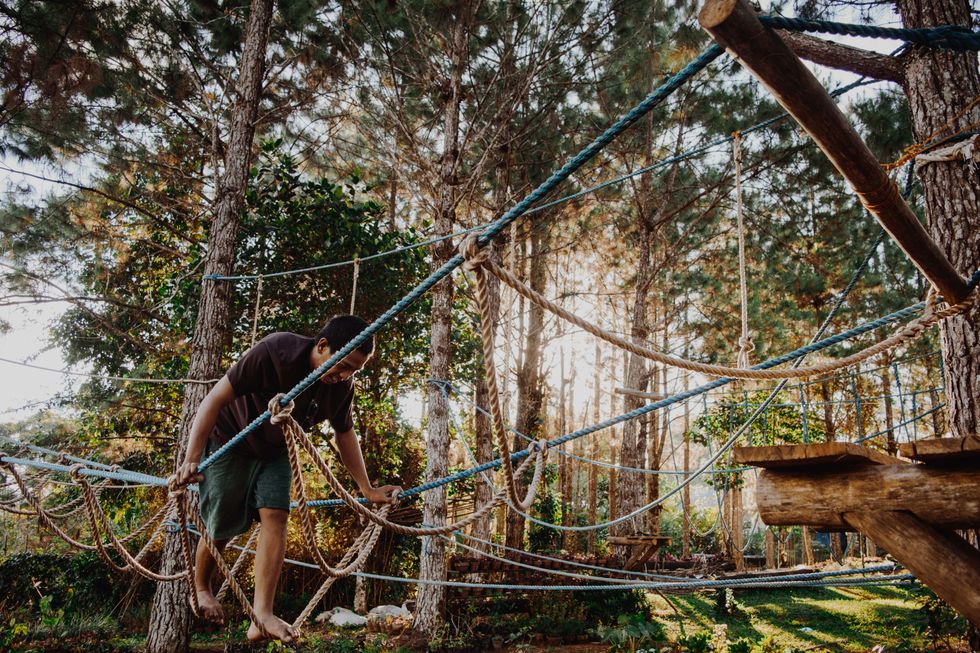 The Best Weed Smoking Games to Try
The Best Weed Smoking Games to Try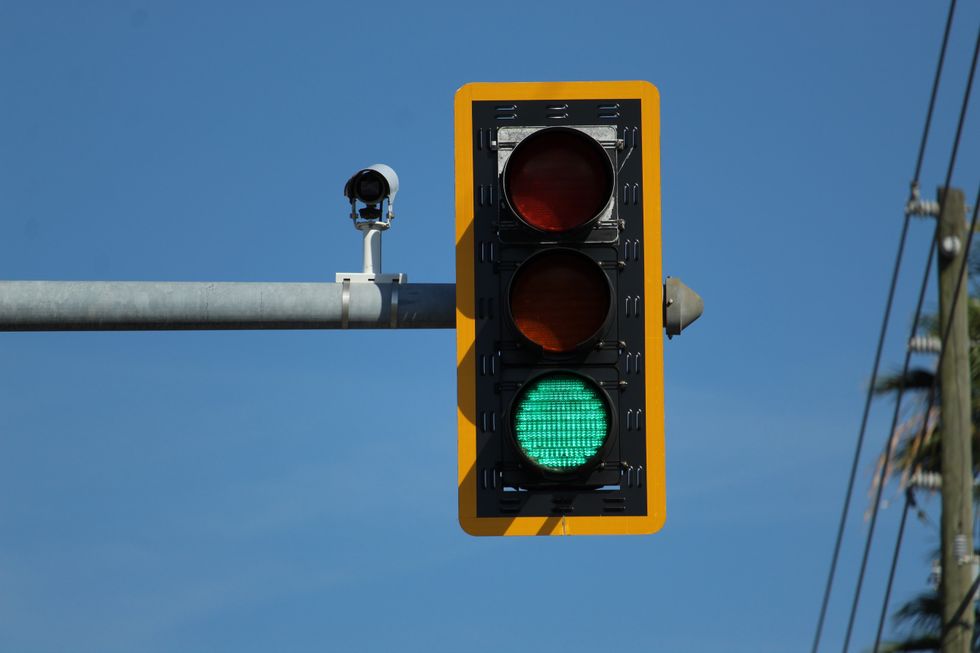 The Best Weed Smoking Games to Try
The Best Weed Smoking Games to Try world map with pinsPhoto by
world map with pinsPhoto by 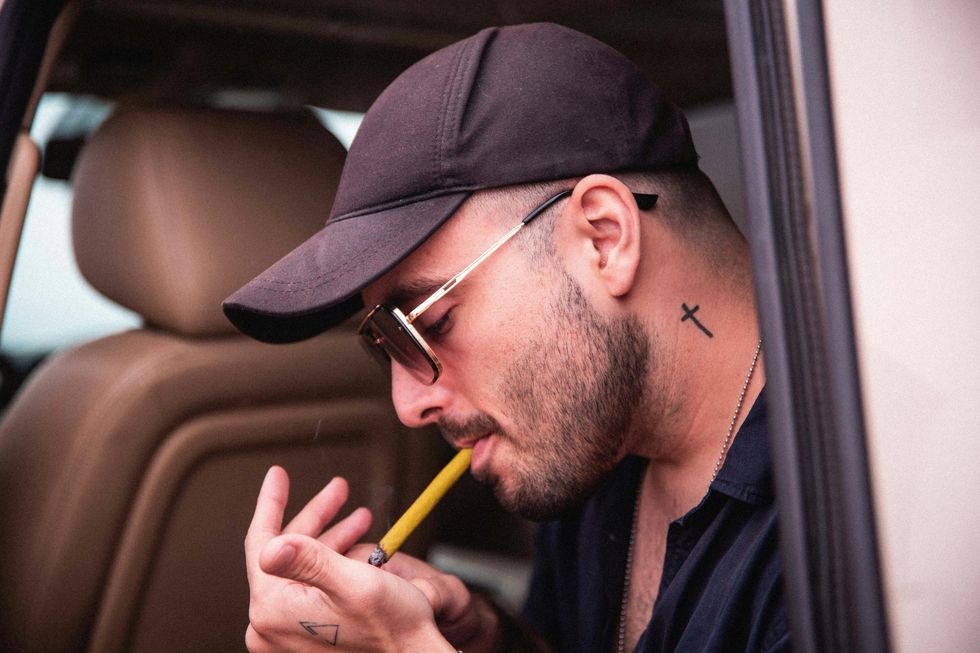
 The Best Weed Smoking Games to Try
The Best Weed Smoking Games to Try